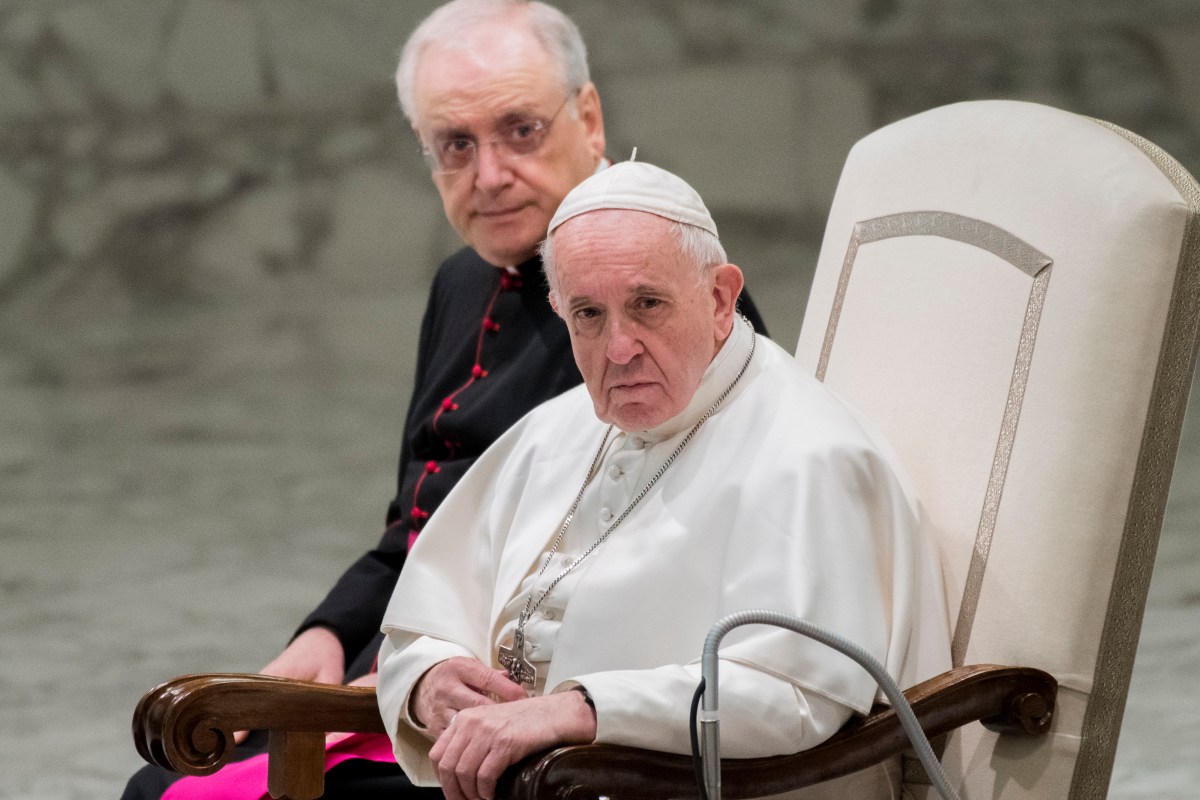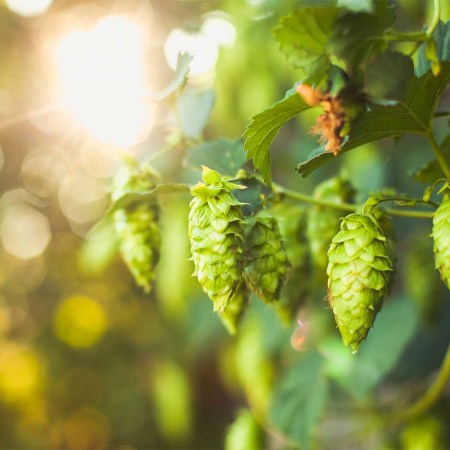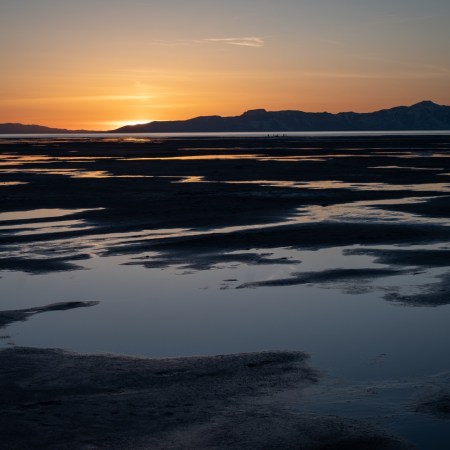This week’s round-up of long-form journalism took a more earnest turn. It was, after all, the one-year anniversary of the Parkland, Florida school shooting and just a week removed from a new bombshell report about sexual assault within the Catholic Church. We learned what happens—or doesn’t happen—to our recyclables, and we took an interactive dive into what it looks like when a glacier all but disappears from a country that used it for electricity. But, it was also Valentine’s Day, and with it came a nuanced look at love, what it takes to say it, what it means, and what it means when you don’t hear it in return. Read on to learn more.
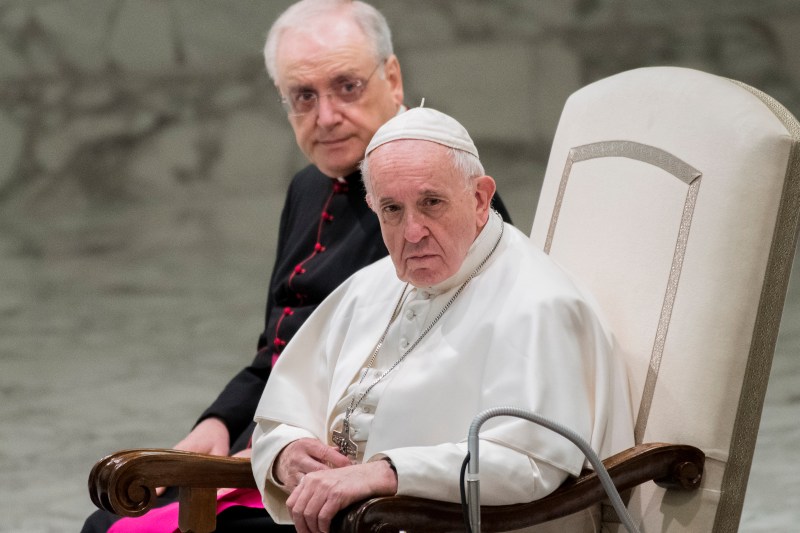
It’s been decades since huge numbers of brave men and women started coming forward with allegations of longstanding sexual abuse by clergy in the Catholic Church, and the waves of reports never seem to cease. Just last week, Pope Francis I himself acknowledged that priests have used nuns as “sexual slaves.” One man who knows details about the Church’s ongoing depravity is Cardinal Sean O’Malley of the Archdiocese of Boston. “O’Malley has spent his life in ministry cleaning up after pedophile priests and their apologists, and serving as the Catholic Church’s public face of repentance and reform,” The Atlantic reported. He understands, likely more than most, how deeply the Church’s reputation has been damaged and yet not even he is sure of how to fix it if reforms are shut down “at the top.”
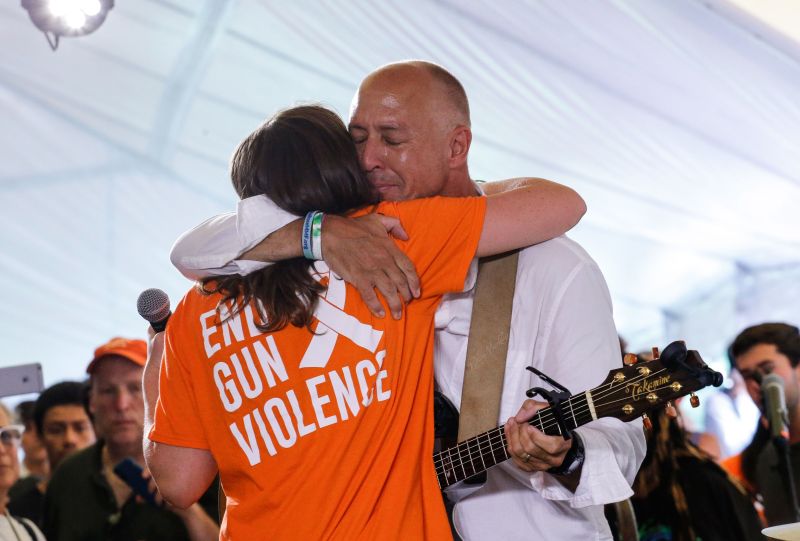
Since the Feb. 14, 2018 shooting at Marjory Stoneman Douglas High School in Parkland, Florida claimed the lives of 17 students and staff members, nearly 1,200 American kids have been killed by gun violence in this country. Since Parkland is also the name of a new site and reporting project created by student journalists across the U.S. who wanted to learn more about the kids their age and younger whose lives were cut short. Each contributor tracked down the family and friends of those lost to guns in the past year and wrote about their lives—like Hope Kahn, 17, who told Ke’Anthony Terez Jelks Jr.’s story. That 2-year-old victim was described by his grandmother to Kahn as “so playful, so joyful, [so] fun,” before he was accidentally killed on the morning of Nov. 14, 2018. Or Ava Uditsky, 16, who reported on Eric Xavier Degori, a 15-year-old victim from Tulsa, Oklahoma, who was described by a friend as someone who “just made school so much better for so many.” Read their stories.

On the last day of 2017, China stopped taking in America’s vast tons of recyclable garbage, leaving our country scrambling with what to do with it all. Now that our landfills are literally years beyond capacity, the bigger problem may be that the American recycling system was broken to begin with and was never really efficient enough to deal with the amount of stuff we consume, as The Week noted. And while the average citizen might be at least somewhat motivated to protect the planet enough to properly dispose of their refuse, that doesn’t necessarily equate to it finding a second, recycled life thanks to “economic incentives” that put other priorities above our environment.

It was Valentine’s Day this week and while, for many, that meant expressing or re-expressing their love for a significant other, it was also a source of anxiety for many newer couples. Those three little words, “I love you,” are, nowadays, “such a big deal,” The Washington Post declared after discovering that “there’s more anxiety around when to say [the phrase] and what it means than ever before. Sure, the ease and convenience that dating apps provide to both connect and disconnect are part of the problem, but the sheer terrifying nature of allowing yourself to be that vulnerable with another person. “I love you” according to the Post‘s research, today, “often means, ‘We’re getting married.’ There’s a sense of: ‘I need to be sure, because this could mean forever.’”
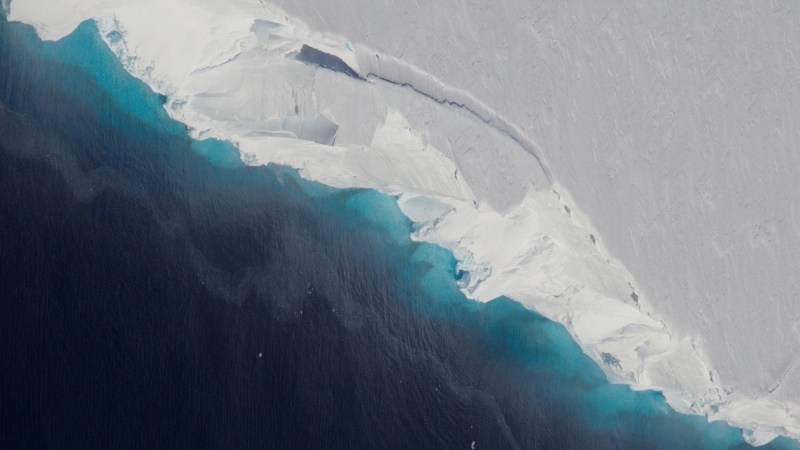
The scale of climate change can often be perceived as too large and too abstract for many people to comprehend. That’s why the interactive, long-form journalistic video created this week by the New York Times is so brilliant in its innovation—it makes it nearly impossible to downplay the effects of one of humanity’s greatest ongoing catastrophes. But what the Times found was an ingenious way that the Swiss are turning a glacier lost to warming temperatures into a lesson to be learned about the ripple effect of such a loss can have on flooding, lack of drinking water and hydration for agriculture.
This article was featured in the InsideHook newsletter. Sign up now.
